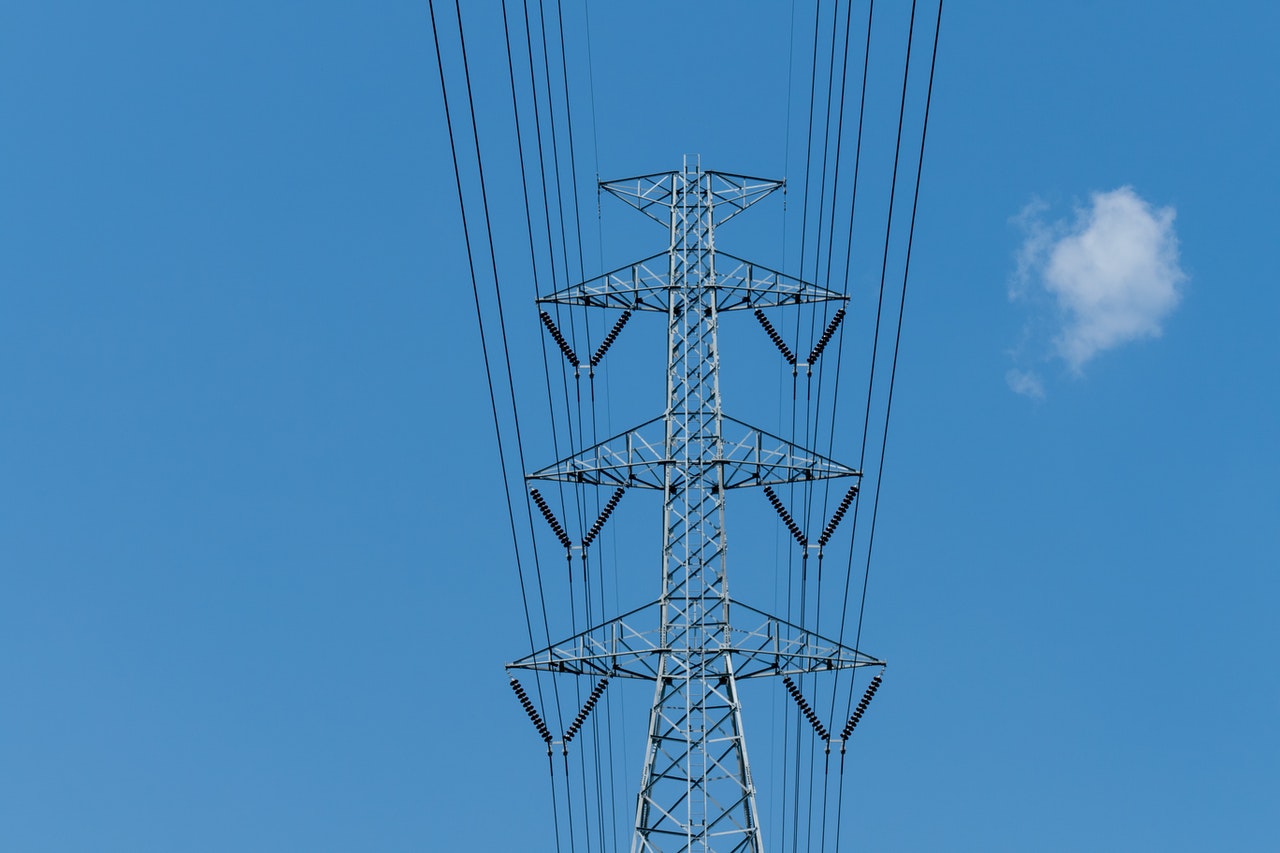Despite the transition of Europe to coal, the global electricity market will not become more “dirty.” Due to rising prices, the demand for energy in the world will slow down, IEA experts predict.
A report by the World Energy Agency predicts that global electricity demand will grow at a slower pace compared to the previous year’s strong recovery.
If demand jumps by 6% in 2021, then this year the demand will return to its average growth rate of five years before the Covid-19 pandemic.
Energy prices are rising strongly after Russia’s war in Ukraine, and this may affect demand next year.
In the first half of 2022, average European natural gas prices were four times higher than in the same period in 2021, and coal prices were more than three times higher, causing wholesale electricity prices in many markets to rise by more than three times on the global electricity market.
Due to high gas prices and supply constraints, coal is replacing natural gas for power generation in markets where coal-fired spare capacity is available, especially in European countries seeking to end dependence on Russian gas imports. Some European countries have shelved coal phase-out plans and lifted previously imposed coal restrictions.
Therefore, the use of coal in the world will increase in 2022, but not by much – growth in Europe is balanced by cuts in China. The number of renewable energy sources is also rising.
In 2022, a significant increase in capacity should increase global renewable energy production by more than 10%, displacing some of the fossil fuel production. Despite a 3% reduction in nuclear energy, low-carbon production will grow by 7% overall. Energy based on fossil fuels will be 1% less.
As a result, carbon dioxide (CO2) emissions from the energy sector will decline in 2022 from the record high level reached in 2021, albeit by less than 1%.
In general, the energy crisis is being felt in Europe, which is experiencing severe energy market turmoil, as well as in emerging and developing economies, where supply disruptions and soaring fuel prices place enormous stress on fragile energy systems and result in power outages, the IEA says in the report.

